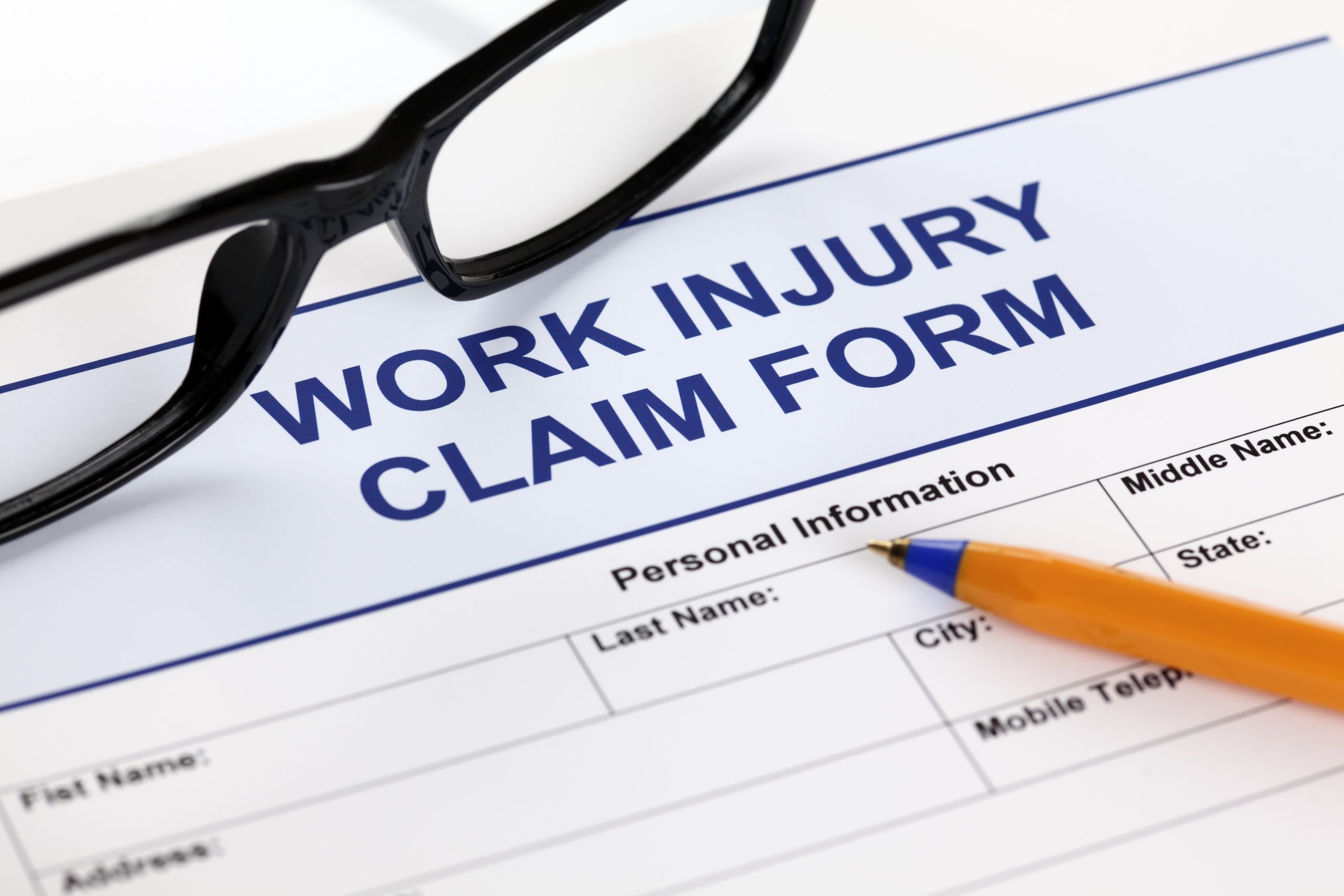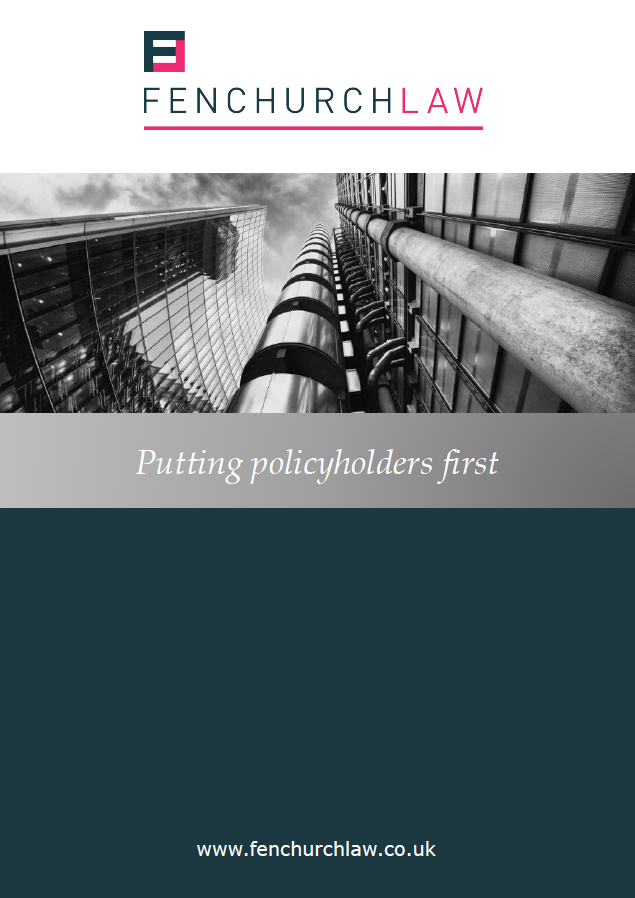
Court declines to re-write existing EL insurance law
Komives v Hick Lane Bedding Ltd & Anor [2020] EWHC 3288 (QB)
This recent High Court decision was on any view a sad case, although the Court appears to have been mindful of the adage that “hard cases make bad law”.
The Claimants were two Hungarian nationals, who had been trafficked to the UK and who then worked for the First Defendant, Hick Lane Bedding Limited (“the Company”), in conditions of modern slavery. Both Claimants suffered psychiatric injuries, and one of them had also suffered a severe accident at work.
The Company went into administration in 2015; and its managing director was sentenced to prison for conspiracy to traffic individuals into the UK with intent to exploit them.
The Company’s employers’ liability insurer at the relevant time was the Second Defendant, AmTrust Europe Limited (“AmTrust”). AmTrust had written the Company’s EL policy based, it appears, on relatively limited information, but it had been provided with a glowing survey as to the Company’s working practices.
The Claimants issued proceedings for their injuries against both the Company and AmTrust. AmTrust responded by avoiding the policy – a fairly predictable stance, one might have thought, in light of the Company’s clear non-disclosure of its criminal conduct.
The Claimants’ Counsel, instructed by the Anti-Trafficking and Exploitation Unit, nevertheless sought to challenge AmTrust’s avoidance, on various grounds:
- The Claimants argued that, by writing the policy based on relatively scant information, AmTrust had turned a blind eye to the possibility of the Company’s criminal conduct, or alternatively was not allowed to take this point against the victims of that conduct.
- The legislative scheme, represented by the Employers’ Liability (Compulsory Insurance) Act 1969 and the similarly entitled 1998 Regulations, which restrict which conditions/warranties can be contained in an EL policy, were intended to protect employees like the Claimants and to ensure that insurance was available. Coupled with Rule 8.1.1 of ICOBS, which states that an insurer must “not unreasonably reject a claim (including by terminating or avoiding a policy)”, it followed, submitted the Claimants, that AmTrust’s avoidance was unreasonable.
- The Claimants’ underwriting expert, Mr Flaxman, accepted that, had its involvement with modern slavery been known, the Company would have been “uninsurable” and that, in the scale of non-disclosures or misrepresentations, the Company’s non-disclosure “couldn’t get much worse”. He nevertheless gave evidence that, as a matter of “market practice”, AmTrust should have paid the claims.
The Court rejected these submissions. While understandably sympathetic to the Claimants’ position, the Court predictably recognised that the scheme to mandate insurance for employees was nothing like that afforded to the victims of road accidents, where the Road Traffic Act 1988 severely restricts an insurer’s ability to avoid a motor policy for breach of the duty of fair presentation. The Court concluded that the present framework of EL insurance may well produce very unsatisfactory results, but that it was for Parliament, and not the courts, to put that right.
The full judgment is here: https://www.bailii.org/ew/cases/EWHC/QB/2020/3288.html
Jonathan Corman is a partner at Fenchurch Law
Other news
Timing is everything – Makin v QBE and the cost of not complying with a condition precedent
3 July 2025
This recent decision from the High Court provides a powerful reminder of the consequences of not complying with a…
You may also be interested in:
Archives
Categories
- Construction Risks
- Operations
- Business Development
- Construction & Property Risks
- News
- International Risks
- Legislation
- Financial & Professional Risks
- Case Law
- Professional Risks
- Press Release
- Uncategorized
- The Good, the Bad and the Ugly
- Fenchurch Law Webinars
- Stonegate
- Newsletter
- Events
- Webinars
- Comparing German and English Insurance Law – A Series



